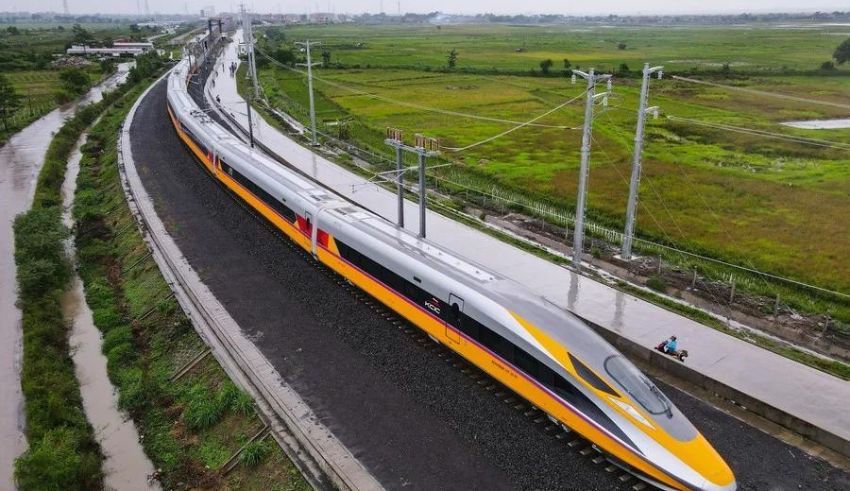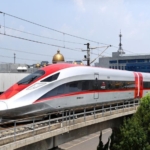
The ambitious high-speed rail project in Indonesia has been delayed. The project is valued at $7.3 billion and is supported by a group of Chinese and Indonesian state-owned enterprises. The project, a component of China’s Belt and Road Initiative, seeks to build a 142-kilometre (88-mile) railway linking Jakarta, the capital of Indonesia, with Bandung. The project’s original completion date was set for 2019; however, it has encountered several difficulties, including cost overruns and operational delays.
The free trial run was postponed, according to the consortium known as PT KCIC, because more time was required to guarantee passengers’ security and comfort. This delay is the most recent setback in a string of difficulties the flagship project has faced. Notably, the project had a $1.2 billion cost overrun and has endured delays in its commercial operation.
The free passenger trial run, which was initially planned for August 18, will instead take place in early September. The entire operational launch, which is still anticipated to happen on October 1, was confirmed by KCIC, although there are no signs that it will be delayed.
Keep Reading
As of last Friday, safety inspections were said to still be in progress, according to claims made by Mohamad Risal Wasal, a representative of the transport ministry. PT KCIC has reported successful internal trials; however, the business is actively working with the transportation ministry to obtain the required operational certificates.
Chinese President Xi Jinping spoke to Indonesian President Joko Widodo during a recent visit to China, emphasising the significance of preserving high standards as the project nears completion. This instruction emphasises the project’s importance in the context of the larger Belt and Road Initiative and the bilateral diplomatic ties.
In conclusion, the high-speed rail project in Indonesia has been delayed, which reflects the difficulties and complications involved in large-scale infrastructure projects. The project’s importance to the Belt and Road Initiative heightens interest in its advancement, necessitating a careful balance between upholding strict standards and solving practical challenges.

























